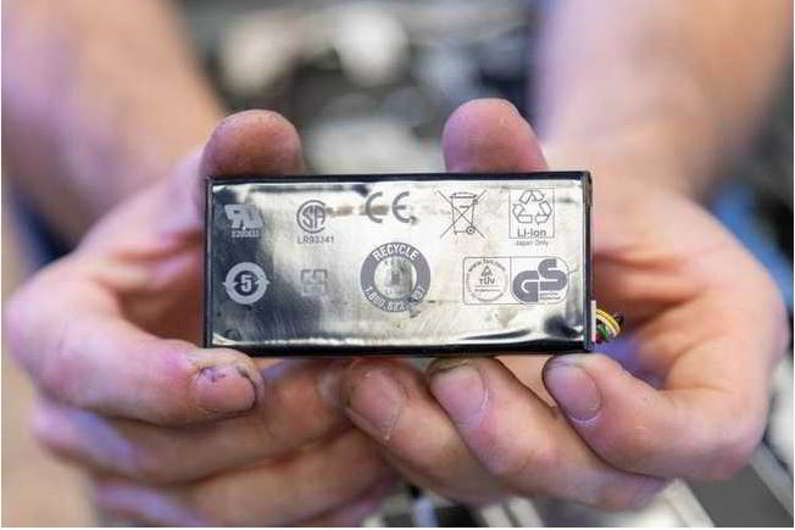E-mining and Precious Metals Recycling
Every year billions of dollars’ worth of precious metals such as gold and platinum are dumped into a mountain of electronic waste (e-waste) that continues to grow. E-mining is the process of recovering some of these precious metals.
In 2019 alone a record-breaking 54 million tons of e-waste was generated across the globe and only 17% was recycled. E-waste comprises precious metals like gold, copper, silver, and palladium found in electronic devices like computers, phones, modems, and more and it is growing three times faster than the earth’s population.
Why Electronics Recycling is Important
It is critically important to recycle electronics to reduce landfill, divert electronic waste, and eliminate toxic scrap, and they represent almost 70% of toxic waste. E-mining delivers a substantially richer resource than extracting virgin material from ore. Each year, over 7,500 tons of silver and more than 320 tons of gold are used to make electronic devices around the world.
These electronic devices use over $21 billion in precious metals, including $5 billion in silver and $16 billion worth of gold that can be reused later if recovered. Unfortunately, many people don’t think about recovering precious metals or don’t know that it can and should be done, and therefore, will just throw out their old electronic devices. Urban mining companies can recover most of the metals contained in old electronic devices allowing them to be re-used.
Urban Mining Metals From Old Electronic Devices
Urban mining definition:
An urban mine is the stockpile of rare metals in the discarded waste electrical and electronic equipment of a society. Urban mining is the process of recovering these rare metals through mechanical and chemical treatments.
Wikipedia
Precious metals can be found in many of the electronics devices found around the house, but especially at businesses that dump things like old computers, phones, and more. These electronic devices contain components made with precious metals, such as silver, gold, palladium, and copper.
Urban mining precious metals in e-waste are good for the planet since e-waste mining consists of recycling precious metals to use for new electronic devices.
Recovering Precious Metals
In developing countries, a modern recycling service can recover around 95% of gold from old devices. However, if done by an inexperienced facility, workers risk being exposed to a wide variety of hazardous substances during the recovery process. Currently, the overall e-waste recovery rates in the U.S. are quite small. In fact, the EPA reports that in 2009 only 38% of computers were recycled, as well as 17% of TVs, and 8% of cell phones in the U.S.
Not enough devices make it to be recycled, and not enough precious metals are recovered from those that do. Only 10 to 15% of gold in e-waste is recovered, the rest gets lost in the processing. There is a need for initiatives to promote the recovery of precious resources is needed, as it could accomplish a lot.
These policies can include:
- Incentives that help increase e-scrap recycling rates and encourage the public to recycle end-of-life devices instead of stockpiling them in their homes. It is estimated that 75% of old devices are stored away rather than recycled for reuse.
- Policies that encourage design for recycling.
- The prevention of exporting e-scrap to countries with a low recovery rate.
- Promoting best practices investment that will ensure recovery is maximized in both developed countries and developing countries.
Potomac eCycle is a full-service hard drive destruction and electronic waste recycling company that is R2/RIOS certified. We provide cost-effective, reliable recycling services including picking up old electronic devices in Washington, D.C. and the local area. There is no need to worry about your important data since we destroy it completely and give you a “Certificate of Destruction” to confirm this.


Recent Comments